
Many South Africans face the harsh reality of debt. With living costs rising faster than most salaries and unemployment rates climbing, financial instability is a growing concern for the middle class. This economic pressure makes it difficult for many to stay afloat as they struggle to keep up with increasing expenses. Balancing income with ever-growing costs is a daily battle for countless individuals.
Key Takeaways
- No Imprisonment for Debt: You cannot be jailed for not repaying a loan, though failing to comply with court orders related to debt can lead to jail time. Common consequences include wage deductions or asset seizures.
- Consumer Protections: The National Credit Act offers protections such as debt review to help manage repayments and guard against abusive collection practices and reckless lending.
- Regulated Debt Collection: Debt collection must follow legal guidelines, prohibiting force and fraud. Unpaid debts can lead to a court process, including asset seizure or garnishee orders, all under judicial oversight.
Abolishing Debt Imprisonment
The practice of imprisoning people for debt was abolished in 2004. Two landmark legal rulings transformed debt law in South Africa, ensuring that individuals could not be imprisoned simply for owing money. These rulings also emphasised fair and reasonable debt collection practices and mandated judicial oversight in these cases.
Can You Go to Jail for Not Paying Your Debt?
You cannot be jailed for failing to repay a loan. However, a creditor could sue you, and if you don’t attend court or comply with a judge’s orders, you might face jail time for that. While non-payment of a loan doesn’t lead to jail, other serious consequences can occur. Your credit score could suffer, and your wages might be garnished.
Your Rights as a Consumer
The National Credit Act (NCA) created the National Credit Regulator to oversee the credit industry in South Africa. This body sets guidelines for responsible lending and borrowing, aiming to stop reckless lending practices. It provides protections for consumers, including the right to apply for debt review if they’re having trouble making repayments.
These laws shield consumers from abusive debt collection methods and irresponsible lending. At the same time, they provide a legal pathway for creditors to reclaim their money. This process typically begins with a letter of demand. If the debt remains unpaid, it can escalate to a summons, default judgment, and eventually to the seizure of assets or garnishee orders on salary. All these steps are monitored legally to guarantee fairness and adherence to the law.
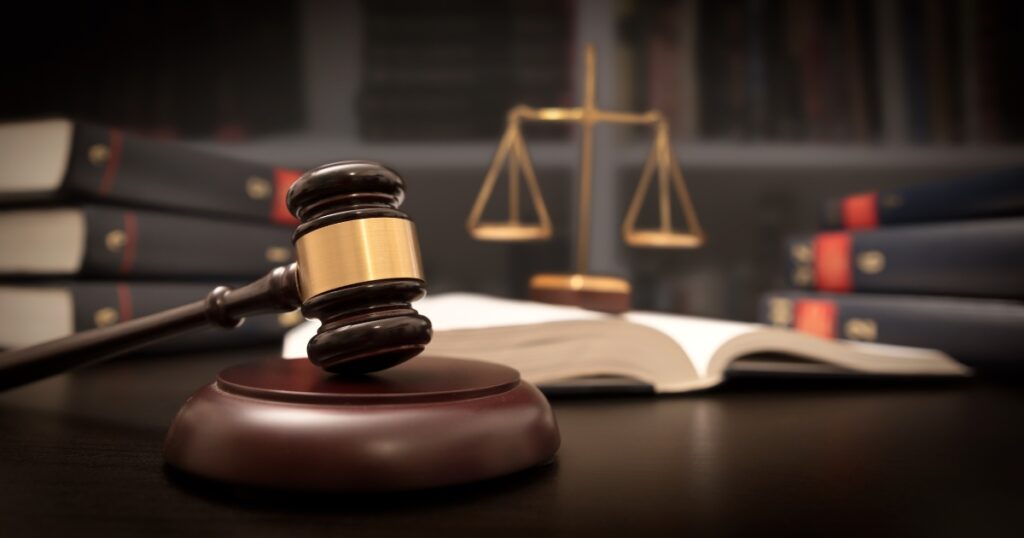
Legal Action Surrounding Debt Collection
The process of lawful debt collection is extensive, aiming to protect both creditors and debtors. Under the Debt Collectors Act 114 of 1998, debt collectors are forbidden from engaging in unlawful actions, threats, and malpractices. Section 15 of the Act specifically details actions that are considered improper conduct by a debt collector. These prohibited actions include:
Prohibited Actions by Debt Collectors
- Prohibition of Force or Intimidation: Debt collectors are not allowed to use or threaten force against a debtor or anyone close to them. They also cannot act in an excessively intimidating manner.
- Ban on Fraudulent or Misleading Representations: The law prohibits debt collectors from employing fraudulent or misleading tactics. This includes simulating legal processes, using fake official or legal documents, posing as law enforcement or court officials, or making baseless threats to enforce rights.
- Restriction on Spreading False Information: Debt collectors are not permitted to spread or threaten to spread false information about a debtor’s creditworthiness.
- Requirement to Follow the Code of Conduct and the Act: Debt collectors must adhere to all provisions of the Code of Conduct and the Act. Any violation or failure to comply is considered improper conduct.
- Criminal Conduct: Debt collectors convicted of offences involving violence, dishonesty, extortion, or intimidation are deemed to have engaged in improper conduct.
What Happens If You Don’t Pay Back a Loan?
In the First 30 Days
Within the first 30 days of a missed payment, the lender will inform the credit bureaus. Paying off the amount owed within this period can prevent the late payment from affecting your credit score. However, your lender might charge fees and penalties even if your payment is just one day late.
Between 30 – 60 Days
If your payment is 30 days overdue, your account is marked as delinquent, and the lender may report the missed payment to the credit bureaus. This negative mark will remain on your credit report for up to seven years.
Over 120 Days
After six months of missed payments, the lender usually writes off your account as “bad debt” and stops pursuing you for repayment. The debt is then sold to a third-party collection agency, which will try to collect it. If you don’t pay, the agency may take legal action, potentially resulting in property seizure or income garnishment by the court.
Tip for Avoiding Default
Do everything possible to get your account current before it defaults. Consider cutting more from your budget, finding creative ways to earn extra money, or, in extreme cases, borrowing from a friend or relative. If you’re struggling to find the extra funds, contact your lender and be honest about your financial difficulties. They might be willing to adjust the loan terms or create a new repayment plan.
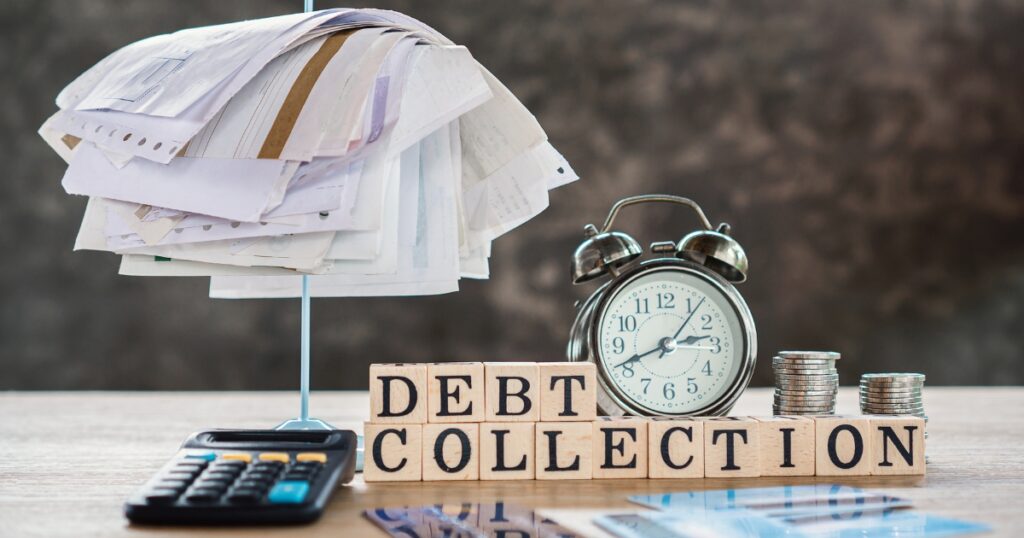
The Debt Collection Process

Courtesy Call
Although not mandatory, a creditor will likely call to inform you of a missed payment.
Tip: Credit bureaus update your accounts monthly, so your credit report will usually reflect a late or missed payment by the following month.
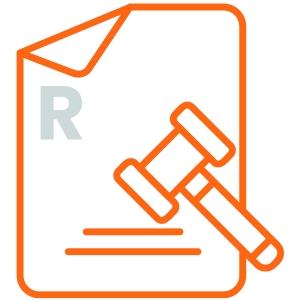
Receive a Section 129 Notice (Letter of Demand)
This letter explains that you have defaulted on your payment. It usually includes the amount you are in arrears and the options available if you cannot keep up with payments.
If you receive a Section 129 Notice, take it seriously. This is the last step before legal action can begin.
If you do not arrange to pay your account, the creditor or debt collector can approach a court for a judgment. This can happen 10 days after receiving the Section 129 Notice. If the judgment is granted, a Sheriff of the Court can serve you with a summons to appear in court.
Upon receiving the summons, you can either accept the judgment and pay the outstanding fees or defend it. If you fail to respond, the court may proceed with issuing an execution warrant to seize your assets or implement a garnishee order.
What’s the Worst a Debt Collector Can Do?
While a debt collector cannot physically serve you with court documents, they can follow a legal process to obtain a judgment against you, which could lead to:
- Repossession of Your Assets: This includes items like your home or car.
- Garnishee Order: Funds can be taken directly from your salary to pay towards your outstanding debt.
Debt Review Benefits
Debt review can stop creditors from harassing you, reduce your monthly debt instalments to something affordable (sometimes by up to 50%), and give you a chance to improve your credit score, making it easier to apply for credit after successfully completing the process.
How to Avoid Going to Jail Over Debt
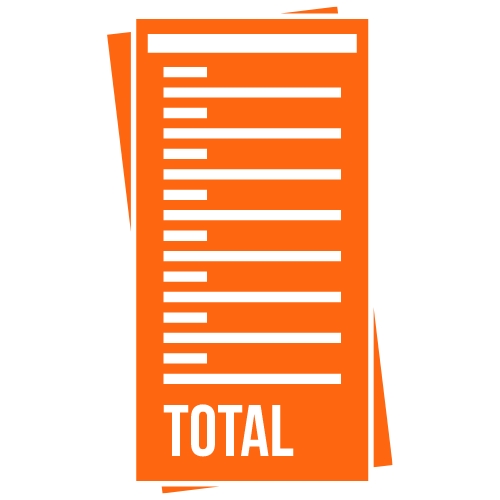
Understand Your Total Debt
Gather all your bills and accounts to determine exactly how much you owe and to whom. Include any fees and extra interest being charged.

Contact Your Creditors
Although reaching out to your creditors can be daunting, it might be essential for finding debt relief. Creditors often have the authority to modify your lending agreement, such as adjusting due dates or minimum payment amounts. If you explain your financial hardship, they may be willing to work with you to prevent default.
Preparation is Key:
- Explain why you’ve fallen behind on payments.
- Specify the changes you need.
- Know exactly how much you can realistically afford to pay each month and commit to it.
- If a creditor agrees to a new payment plan, ensure you uphold your end of the agreement.

See a Credit Counsellor
Credit counselling (also known as debt counselling) involves working with a trained professional to find solutions for managing debt. A skilled credit counsellor can help you review your budget, prioritise your bills, and facilitate communications with your creditors.
Choosing whether or not to engage in debt counselling is a personal decision that requires careful consideration of your financial situation. Our detailed guide on the advantages and disadvantages of debt counselling can help you make an informed choice.
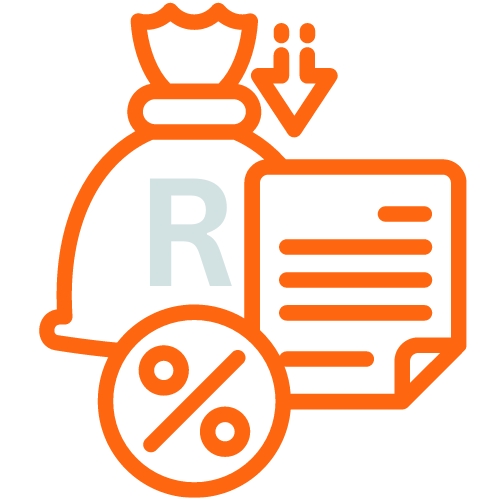
Seek Out a Debt Management Programme
Credit counselling agencies often offer debt management plans to help streamline your debts. In this scenario, you make one monthly payment to your credit counsellor, who then distributes the funds to your creditors. Credit counsellors can often negotiate lower fees, monthly payments, or interest rates to help you manage your debts more easily.
These programmes typically last between three and five years, aiming to pay off your debts in full. However, be aware that debt management plans can also come with additional fees unless your household income is below 150% of the poverty line.
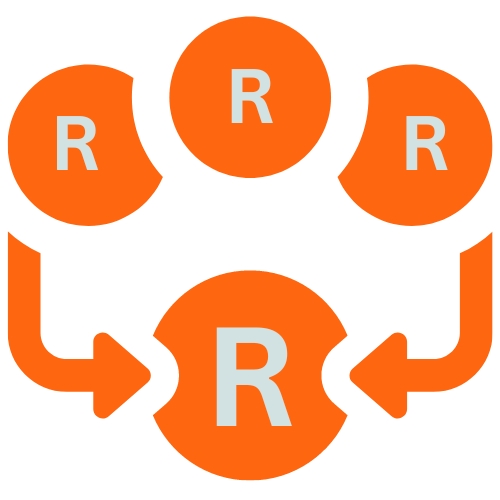
Consider Consolidation
A different loan might be more beneficial for you. Particularly for loans like credit cards and payday loans, consolidating with a personal loan might result in lower interest rates and smaller payments. Additionally, a new loan usually extends your repayment period.
Considerations for a Consolidation Loan:
- Aim for a repayment period of three to five years.
- Avoid extending the repayment period too long to prevent paying more in interest.
- Eliminating payday loans could significantly improve your financial situation.
If you’re struggling to keep up with debt payments, your bonus can be a game-changer. Discover how to make the most of it in How to Use Your Bonus: Debt vs. Investment.
Alternatives to Debt Repayment
| Alternative | Description | Pros | Cons |
|---|---|---|---|
| Voluntary Surrender | Voluntarily surrendering assets to creditors to offset the debt. | Helps to clear specific debts, can be a faster way to handle unaffordable debts. | Loss of assets, negative impact on credit score, doesn’t address all types of debt. |
| Debt Review | Entering a formal debt review process to restructure and manage repayments. | Legal protection from creditors, affordable repayment plan, helps to avoid sequestration. | Stays on credit record for a period, can affect ability to get future credit, involves fees. |
| Bankruptcy/Sequestration | Declaring bankruptcy, leading to asset liquidation and debt discharge. | Discharges most debts, provides a fresh start, legal protection from creditors. | Severe impact on credit score, loss of assets, remains on credit record for years. |
Understanding all your options is crucial when facing financial hardship. Alongside bankruptcy, Voluntary Sequestration offers an alternative path for those seeking relief from insurmountable debts in South Africa.
Conclusion
If you are unable to pay your debt in South Africa, there are several potential consequences and options to consider. Legal actions, such as judgments and garnishee orders, can be taken against you, which might result in wage deductions or asset seizures. However, there are also avenues for relief, such as debt counselling and administration orders, designed to help you manage and repay your debts in a structured manner.
It’s crucial to communicate with your creditors and seek professional advice to navigate the complexities of debt repayment and explore all available options to avoid severe repercussions. Ultimately, understanding your rights and responsibilities is key to managing debt effectively in South Africa.
Frequently Asked Questions
No, failing to repay a loan won’t land you in jail. However, you could face contempt of court charges if you ignore a court summons related to your debt. Not showing up in court for a debt-related case can result in these charges.
You need to appear in court either to accept the judgment or to defend yourself. You might argue that you’re unaware of the debt or that it has expired.
Report the debt collector to the ombudsman or take them to court. To protect your financial future and stop harassment from debt collectors and creditors, consider going under debt review.
Debt collectors can call you at any time, but they cannot share any information with your employer that could jeopardise your job. This might change if a garnishee order is issued by the court.
You can ignore their calls, but you cannot ignore your outstanding debt.



